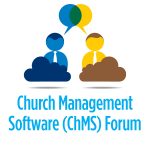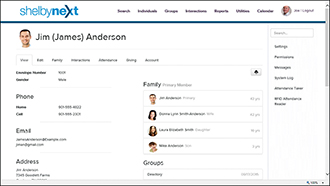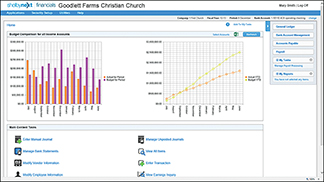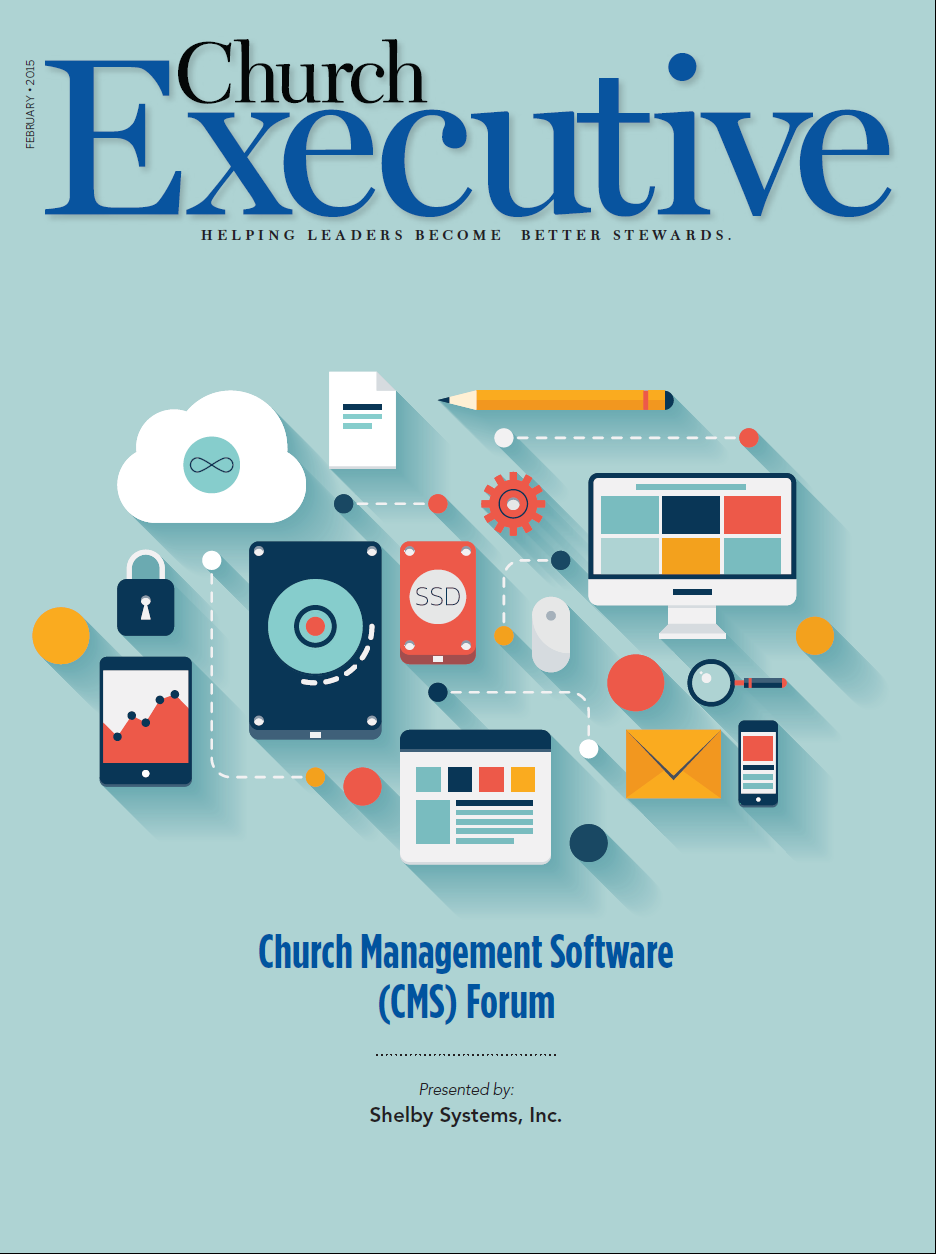By Hal Hallum
 Whether you’re hoping to convert from one church management software system to another — or even trying church software for the first time — you probably know by now that it takes a lot of planning and consideration before you and your church finally decide.
Whether you’re hoping to convert from one church management software system to another — or even trying church software for the first time — you probably know by now that it takes a lot of planning and consideration before you and your church finally decide.
To help you along, here’s a handful of important questions to help your church find the best fit for its needs.

#1: What are your staff needs?
Start by gathering the most important needs of each ministry at your church. While very few software companies can meet every need, it’s best to know where your priorities lie. A comprehensive analysis should include all items you’d like to have, but make sure to make a special note of those items that you must have. Always have an end in mind when beginning you search.
#2: Where are you going / growing as a church?
Talk to church leaders to get a better understanding of the vision and goal for the next five to 10 years. Try looking at software that offers features such as background screening for a growing staff, or events management to provide members and visitors with more opportunities to get involved.
Consider how your admins spend their days interacting with the features. Do the tools need to be more or less mobile-based, depending on their communication and personalities? Features like these can better prepare everyone for growth.

#3: What’s your member “type”? What are their needs and expectations?
Take note of the demographics in your congregation and focus on what would improve their connection with your church. Visitors are always an important focus; however, current members are the foundation of the church. Keeping them happy and well-informed is something your church software should enable.
#4: How much support do you need from your software vendor?
This can be tricky, since some companies can have great support but a product that’s pretty complex.
Other companies might label themselves as “simple,” but provide low-level support.
Just remember: Simple can be good — but it can also imply a lack of important features. Talk to the rest of your church staff about support; this decision will make a big difference down the road.
#5: Can the application you purchase grow with your church?
With smaller churches, a system that can manage small amounts of data might be all that is needed. But, once a church starts growing, it’ll be necessary to find a more advanced and structured software system.

If you foresee your church growing in the next few years, take that vision and focus on the software that’s most capable of handling changes, growth and involvement. Your solution should be more scalable.
#6: Is your prospective software vendor an established company with a good track record?
Knowing a company’s history and experience is a great indicator of its software and support function. If that history doesn’t make you feel completely confident with your decision, keep looking.
#7: Do you require vendor consultation?
If so, make sure you find a trustworthy company that understands what it takes to manage a church. Again, check the company’s background and talk to someone there about their services.
#8: What’s the cost of the software package?
The possibility of hidden fees is important to vet. Otherwise, your final price might be different than what your church budgeted for.
And remember: the true “cost” of your software can’t always be measured in dollars and cents.
When choosing a software provider, do your research and select a vendor that can meet your church’s needs, protect your members’ data, and be there to support you in the years to come. It’s a big decision; selecting the right software can make the difference between success and failure.
Hal Hallum is Marketing & Promotions Manager for Shelby Systems, Inc. in Cordova, TN.


